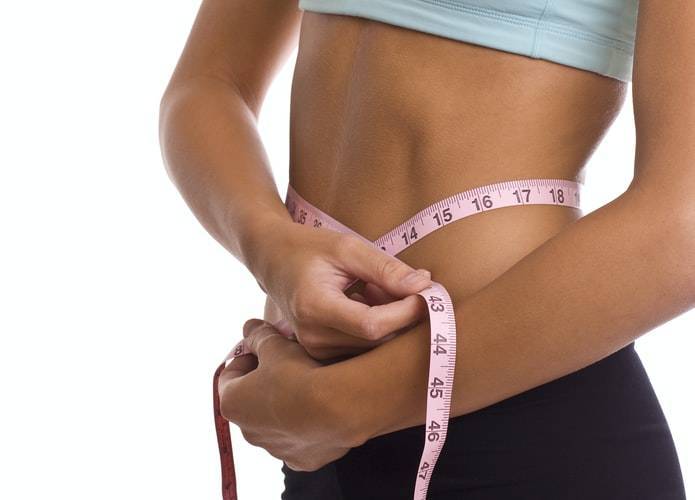Counting calories is a simple method for weight loss, but some people find the idea of tracking the calorie content in everything they eat unbearable. So, can you lose weight without counting the calories in your food? Weight loss is a matter of simple calculations: you need to avoid consuming more calories than you burn. Every food item contains calories; you just need to choose lower-calorie items to lose weight.
British newspaper Express spoke with nutritionist Singh Svanfeldt to find out if weight loss without counting calories is possible. A calorie is defined as the amount of energy required to raise one gram of water by one degree Celsius. It is more commonly associated with the energy found in the food we eat and the energy the body consumes.
According to Singh, counting calories is not essential for weight loss, and you can still lose weight without tracking calories. By making small adjustments to your diet, you can reduce calorie intake without having to count them. For example, the following swaps can help you cut down on calories:
- Eat more vegetables in your meals
- Switch to whole grain options
- Replace sugary drinks with water
- Consume less saturated fats, including butter and cream
- Eat fewer nutrient-poor, energy-dense, and sugary foods, such as sweets, biscuits, and ice cream
Following a balanced and diverse diet rich in vegetables, fruits, lean proteins, whole grains, and healthy fats not only aids in weight loss but is key to overall health. Singh states, "If you want to lose weight without tracking calories, it is beneficial to include more vegetables and whole grains in your diet." She adds, "Vegetables are nutrient-dense and low in energy, meaning you can eat a large amount without consuming many calories. Whole grains are high in dietary fiber, which helps you feel full longer, in addition to being good for digestion."
Weight loss is very straightforward when you think about it; you only need to burn more calories than you consume, and you do not need to exercise to burn calories since the body burns calories to perform daily activities and essential functions.
Singh explains, "Your body continuously requires energy for basic bodily functions such as breathing, heart, brain, lung, and tissue functions. The amount of energy essential for these basic functions is called the basal metabolic rate, which depends on variables including sex, age, weight, and height."
In addition to the basal metabolic rate, you can also burn energy while performing daily tasks such as working, walking, and exercising. All of this consumes energy as well. If you eat the same amount of energy that your body burns, you will maintain your weight. If you eat more energy than your body burns for a period of time, you will gain weight. Similarly, if you consume less energy than your body burns, you will lose weight.




